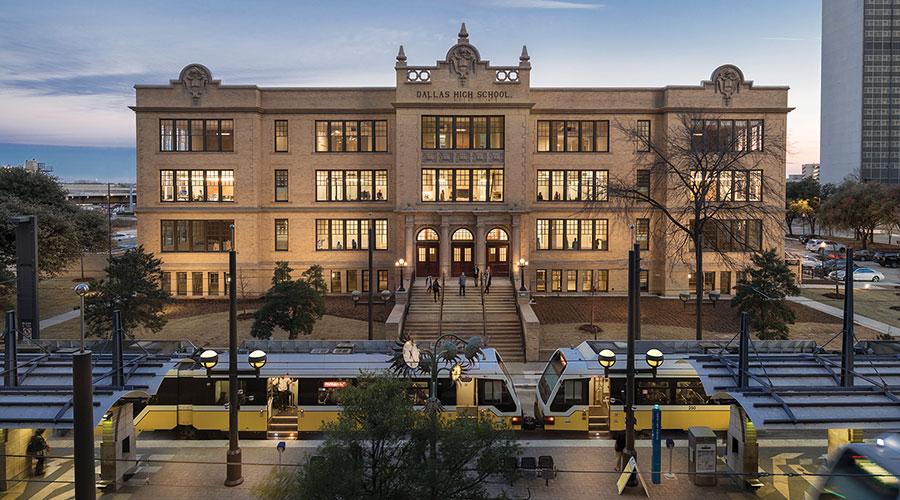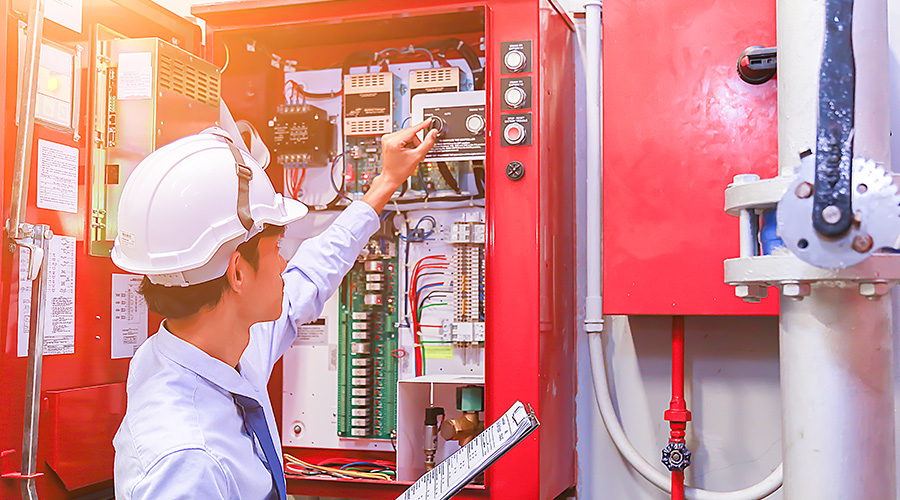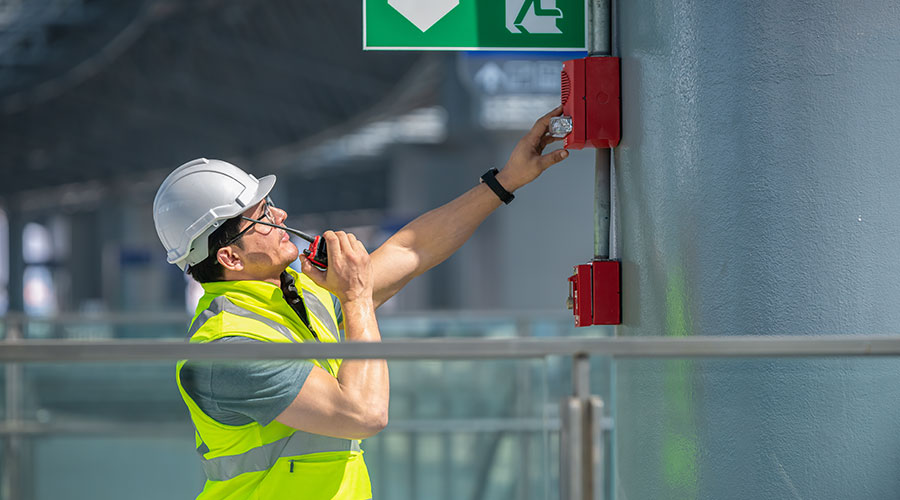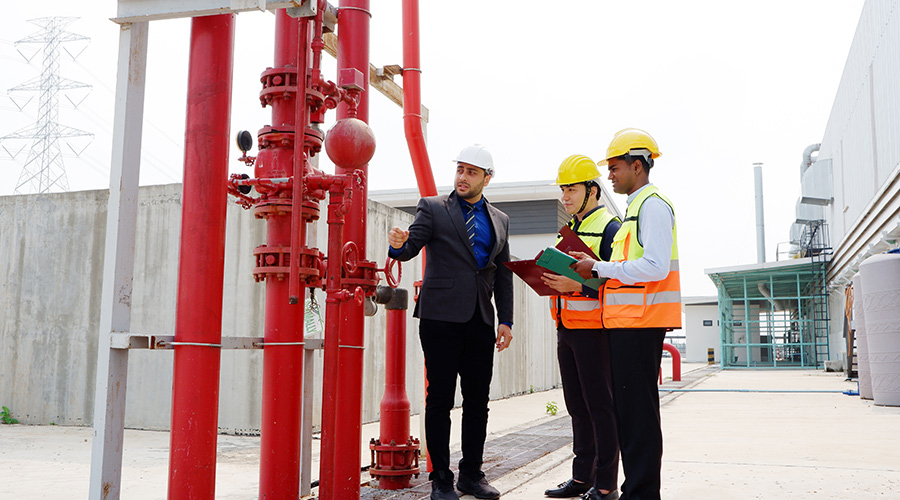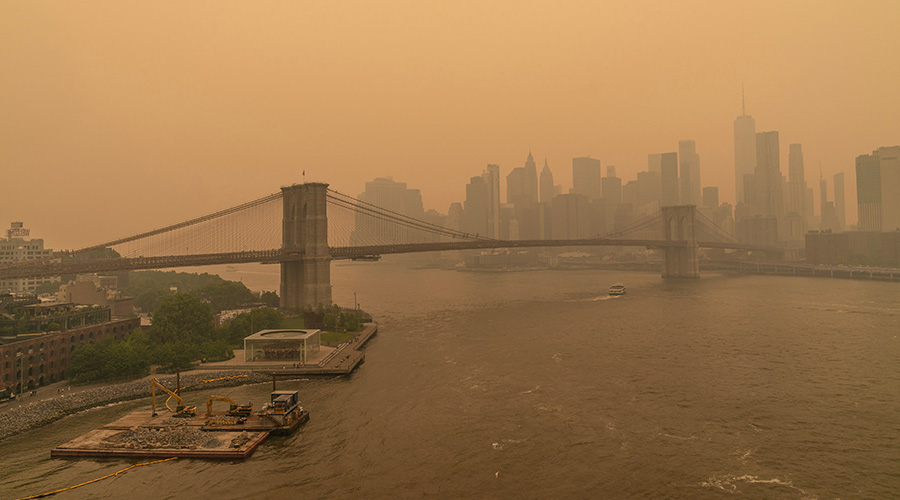Fire Focus: Nursing Homes Face Sprinkler Mandate
The nation’s new and existing nursing homes now must follow fire safety code requirements for fire sprinklers issued last month by the National Fire Protection Association. The new provisions also apply to many nightclubs and new one- and two-family dwellings. The provisions went into effect on Aug. 18 and apply to the 2006 editions of NFPA 101, Life Safety Code, and NFPA 5000, Building Construction and Safety code.
Fires in two nursing homes in 2003 — one in Hartford, Conn., and the other in Nashville — led NFPA and the health care industry to push for enhanced fire protection in such facilities. The Hartford fire killed 16 people. The new provisions specifically call for enhancing the current requirement of NFPA 101 for sprinklers in all new nursing homes by extending the requirement to all existing nursing homes.
The provisions mandate the use of sprinklers in new nightclubs, generally applicable to those with occupant capacities of more than 50 people. The NFPA’s standards committee first added the provisions to both of the standards in 2003 after approving a tentative interim amendment (TIA). The committee issued a similar TIA for existing nightclubs with capacities of more than 100 for NFPA 101 in February 2003 in the aftermath of the Station Nightclub fire in West Warwick, R.I., that killed more than 100 people.
For more information on the new requirements, visit www.nfpa.org
ICC, IAPMO Explore Combining Codes
Officials of the International Code Council (ICC) and the International Association of Plumbing and Mechanical Officials (IAPMO) have begun discussions to consider joint development of new, single set of plumbing and mechanical codes for the nation.
“This is an opportunity for two of the preeminent public health and safety organizations to examine how we can best serve the public,” says Frank Hodge, ICC’s president. The two groups say they hope to reach an agreement soon.
The ICC — www.iccsafe.org — is membership organization and the developer of the International Family of Codes, including the International Mechanical Code and International Plumbing Code.
The IAPMO — www.iapmo.org — develops and maintains the Uniform Plumbing Code and the Uniform Mechanical Code. Along with presenting industrial, government, consumers and other interested parties, IAPMO develops and provides standards, codes, product testing and certification.
ASHRAE: Follow Local Codes on Smoking
Engineers should abide by local regulations and codes addressing environmental tobacco smoke (ETS), according to a position document from the American Society of Heating, Refrigeration and Air-Conditioning Engineers (ASHRAE) issued in August. Engineers also should provide education on the substantial limitations and available benefits of engineering controls, according to the document.
The document provides information the health consequences of exposure to indoor ETS and on the implications of this knowledge for the design, installation, and operation of HVAC systems. In the document, the society recommends that engineers take into account all laws and regulations regarding indoor ETS and develop a strategy that results in the lowest ETS exposure to building occupants.
For more, visit Position Documents at www.ashrae.org
Related Topics:






